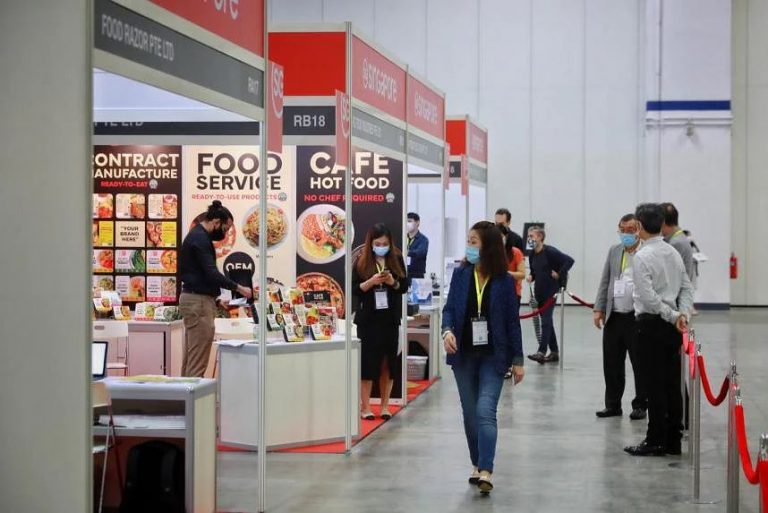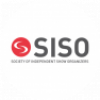BOOKING FOR MICE INDUSTRY GATHERING PACE : STB SAYS FULL RECOVERY BY 2025

This article was first published on The Straits Times.
SINGAPORE- The Republic hosted more than 150 events in the first three months of this year, an indication that recovery is picking up pace for the meetings, incentives, conventions and exhibitions (Mice) industry here.
More than 37,000 delegates attended the events, the Singapore Tourism Board (STB) said on Wednesday (June 1).
Mr Poh Chi Chuan, STB’s executive director of exhibitions and conferences, said: “We have also observed more frequent site inspections and planning visits from event organisers.
“These are sure signs of renewed Mice demand, and as a result of that, we expect more contracts to be signed with event venues and hotels.”
STB said at least 66 international events have been secured for the rest of this year, adding that the industry is expected to fully recover in two to three years.
In 2021, about 49,000 delegates attended more than 200 events hosted in Singapore.
MICE events are no longer subjected to restrictions on group sizes, event capacity limits, or zoning requirements. Safe distancing is also no longer required.
Mr Poh said STB’s projection is based on the International Air Transport Association’s prediction on air passenger numbers recovering in 2024, China’s eventual reopening, growing business confidence from organisers and delegates, and a strong pipeline of events.
To take advantage of the momentum, STB has launched an enhanced incentive programme for international Mice groups with close to 80 free experiences for delegates.
The programme was introduced in 2019 with 54 experiences.
The new programme will include a retail segment that will let delegates, especially groups from China, Oceania, South Asia and South-east Asia, go on shopping tours and meet designers. They will have access to exclusive shopping sprees and back-of-house shopping tours, with meet-and-greet sessions with designers.
Mr Richard Ireland, president of the Singapore Association of Convention and Exhibition Organisers and Suppliers, said the Mice industry is expecting a steep recovery this year. This is based on pent-up demand, a strong pipeline of new events and early customer bookings.
“The first quarter was a little muted as we really opened only in April without restrictions, so it hasn’t been a long time. We are quite confident as an industry that we’d be able to recover by 2023 to 2024,” said Mr Ireland.
One potential headwind is the varied pace of reopening in the region, he added.
Singapore relies heavily on regional and international attendees, and it is often viewed as a Mice destination together with the rest of the region.
The pace at which the region reopens, and stays open with some consistency, will be critical for the return of a vibrant Mice scene in Asia and Singapore, he said.
China, for example, is still largely closed off. Those who can travel there are subjected to measures such as testing and isolation.
Prior to the pandemic, the Mice sector supported more than 34,000 direct and indirect jobs, with a value-add of $3.8 billion, or close to 1 per cent of Singapore’s gross domestic product. China and Hong Kong were among the Republic’s top 10 Mice source markets.
STB said it will continue to diversify and tap business travel demand from other markets such as Malaysia, Indonesia, India, the United States and Australia.
Ms Elaine Chia, Asia-Pacific chief executive of event organiser Comexposium, said a full recovery is dependent on China’s travel policies and Covid-19 strategies, given that it is a significant contributor to the Mice sector.
She said an optimistic outlook would see full recovery in two years.
Mr Jean-François Quentin, group chief executive of Constellar, which manages the Singapore Expo, said the pace of recovery is accelerating for the industry. Bookings for the venue for the second half of 2022 has hit 60 per cent of pre-Covid-19 levels.
But he said inflationary pressures as well as supply chain challenges may temper the pace of recovery for at least the next six months to a year.
“There is still a high element of risk that not all event organisers and exhibitors are willing to undertake, with constantly changing travel and health regulations across countries, while two of the largest markets in Asia – China and Japan – remain largely closed,” he added.












